Guava, a tropical fruit prized for its sweet flavor, health benefits, and versatility, is grown in abundance across many warm-climate nations. Native to Central America, guava has become an important commercial crop in Asia, Africa, and Latin America. While several countries produce guava in large quantities, others depend heavily on imports to meet consumer demand. So, which country is the largest guava importer in the world?
The answer may surprise you: the United Arab Emirates (UAE) has emerged as the world’s largest importer of guavas, followed by Saudi Arabia, the United States, and a few European countries. This article explores global guava trade, the UAE’s dominance in guava imports, and why guava is such a significant commodity.
A Brief Overview of the Global Guava Market
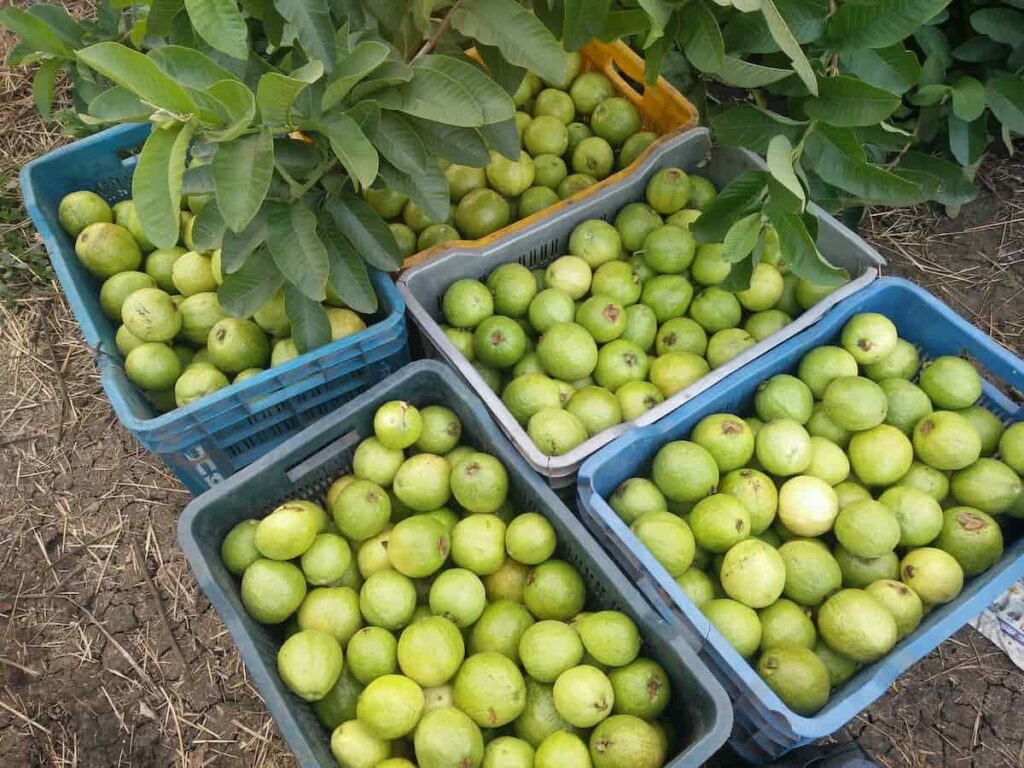
Guava (Psidium guajava) is a subtropical fruit known for its rich vitamin C content, dietary fiber, and antioxidant properties. It comes in various colors, including white, pink, and red, and is consumed raw, juiced, or used in desserts, jams, and savory dishes.
Key Guava Producers
The world’s top guava producers include:
- India – By far the largest producer, contributing over 40% of global guava output.
- China – Significant production in the southern provinces.
- Thailand – Known for exporting to neighboring countries and the Middle East.
- Indonesia, Philippines, Pakistan, and Mexico – All have large-scale guava cultivation.
While these countries dominate production, not all of them consume guava at the same rate. Some have more demand than domestic production can support, leading to international trade.
Why the UAE Leads in Guava Imports
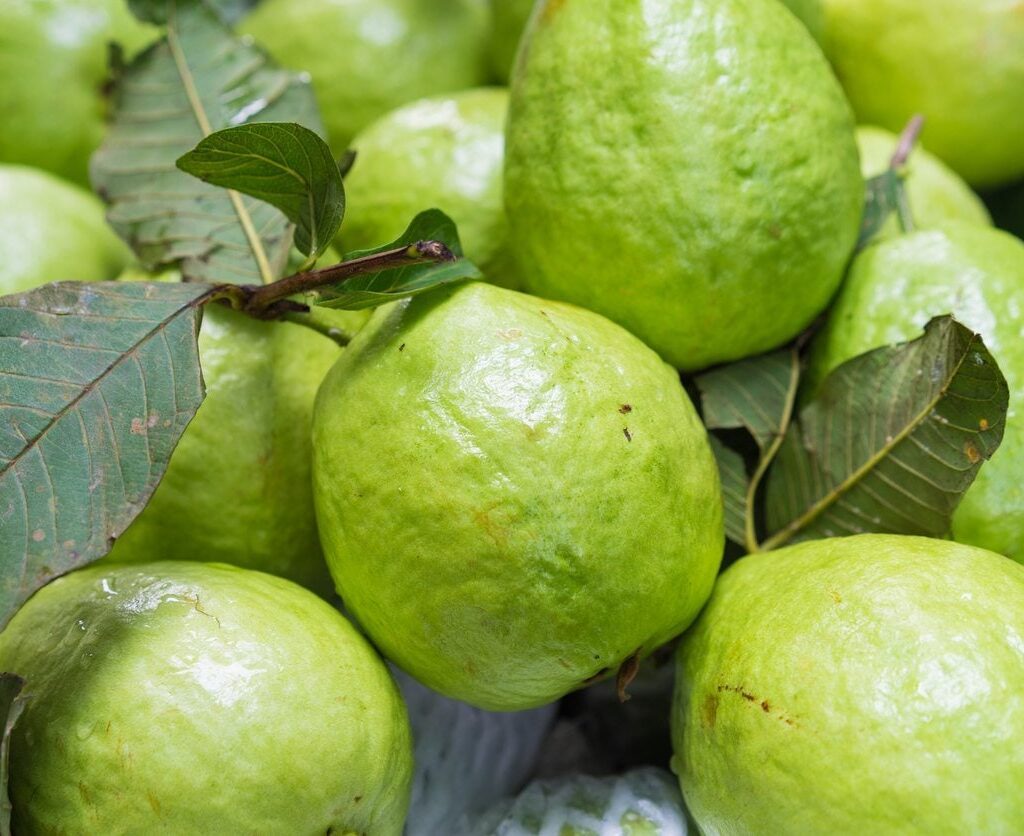
According to international trade databases such as UN Comtrade and FAOSTAT, the United Arab Emirates is consistently the top importer of guavas (along with mangoes and mangosteens, since these are sometimes grouped in trade classifications).
1. Strategic Trade Hub
The UAE, particularly Dubai, is a major re-export hub for agricultural goods. Many of the guavas imported into the UAE are not just consumed locally but are redistributed to nearby markets, including:
- Saudi Arabia
- Oman
- Bahrain
- Qatar
2. Diverse Population and Culinary Demand
The UAE is home to a large expatriate population, especially from South Asia, where guava is a staple fruit. This multicultural demographic has driven high demand for exotic and traditional fruits.
3. Limited Agricultural Land
Due to its desert climate and limited arable land, the UAE imports nearly 90% of its food, including fresh produce like guava. Local cultivation is minimal due to the need for water and ideal growing temperatures, making imports necessary.
4. Year-Round Availability
Importing from multiple countries allows the UAE to maintain year-round availability of guava. For example, they import from India during peak season and shift to Thailand or Kenya during off-seasons.
Other Top Guava Importing Countries
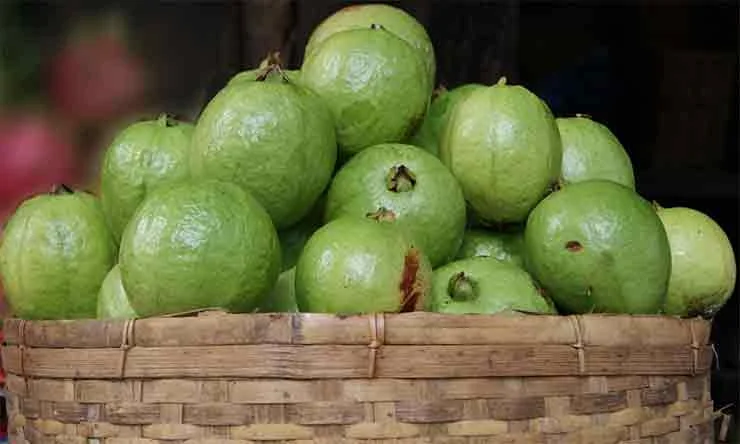
While the UAE is the leader, other nations also show strong demand for guava imports.
1. Saudi Arabia
Saudi Arabia ranks second in global guava imports. Much like the UAE, the country has:
- Harsh climate limiting agriculture
- High population of South Asian and Filipino expatriates
- Growing interest in tropical fruits for health and culinary use
2. United States
The U.S. imports guava primarily from Mexico, Thailand, and Central America. While guava isn’t a mainstream fruit in the U.S. yet, it’s gaining popularity due to:
- Latin American and Asian culinary influence
- Demand for nutrient-rich superfruits
- Use in juices, yogurts, and natural health products
3. European Union Countries
Guava is also becoming increasingly available in European markets like Germany, the UK, and the Netherlands, primarily driven by health-conscious consumers and growing immigrant communities.
Major Exporters of Guava
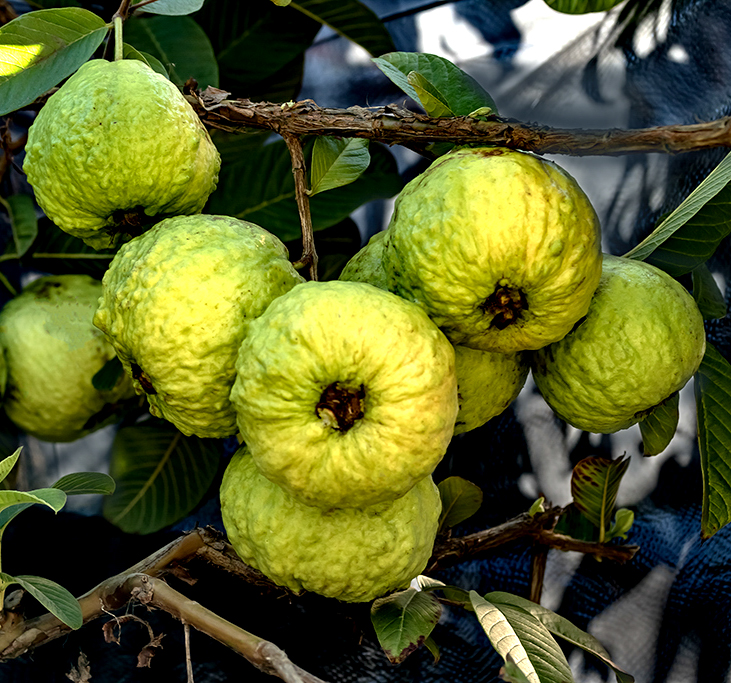
To meet the rising import demand, several countries have established themselves as key guava exporters:
1. India
India exports guava mainly to the Middle East. The top exporting states include Uttar Pradesh, Maharashtra, and Bihar. Indian guavas are known for:
- Sweetness
- Long shelf life
- Competitive pricing
2. Thailand
Thai guavas are often seedless and exported to the UAE, Singapore, and China. Thailand focuses on high-quality varieties like “Crystal” guava, which are favored in upscale markets.
3. Mexico
Mexico exports guava primarily to the U.S. and Canada. The country has long-standing trade relationships with North America and maintains consistent quality and supply.
4. Egypt and South Africa
These countries supply guava to Europe and the Middle East during off-seasons, helping to fill demand gaps when Asian supply is low.
The Economic Importance of Guava Trade
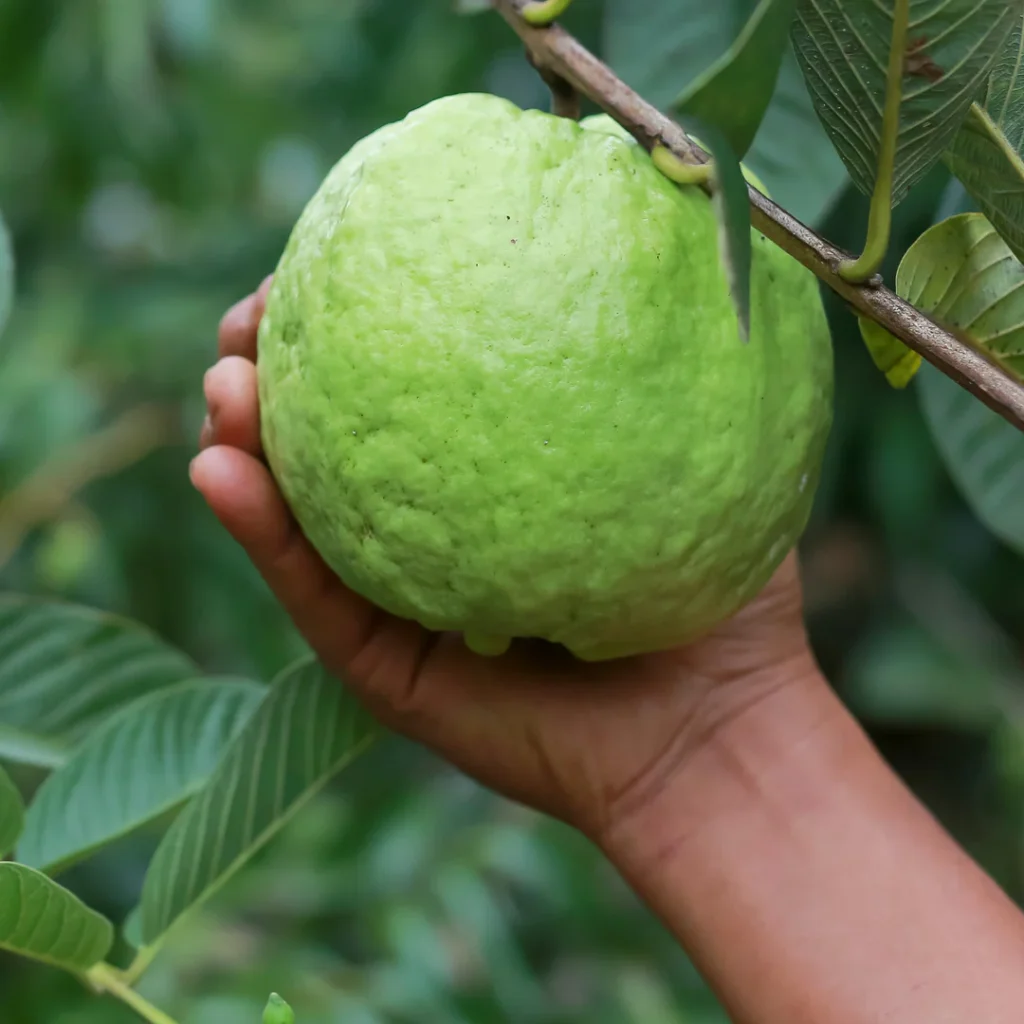
Guava may not be as globally dominant as bananas or apples, but its trade has significant economic and cultural implications:
- Supports livelihoods of small farmers in developing countries
- Encourages sustainable agriculture through low-maintenance cultivation
- Meets cultural and dietary preferences in regions with large immigrant populations
- Promotes health trends as consumers seek antioxidant-rich “superfruits”
Challenges in the Guava Trade
Despite its growing popularity, the guava trade faces several challenges:
1. Perishability
Guavas are highly perishable and require cold-chain logistics. Delays in transportation or storage can lead to losses.
2. Pest and Disease Control
Guava is susceptible to fruit flies and bacterial infections, which can lead to quarantine restrictions during international trade.
3. Tariff Barriers and Regulations
Exporting countries often face import duties, quality control checks, and compliance regulations, especially in developed markets.
Future Outlook: Guava’s Expanding Global Footprint
As global awareness of guava’s health benefits increases, so does demand. Trends that will likely impact the guava import-export landscape include:
- Organic guava farming gaining traction
- Processed guava products like juice, puree, and freeze-dried slices becoming more popular
- Vertical farming innovations allowing limited local production in places like the UAE and Singapore
Technology and trade partnerships will further strengthen guava’s place in the global fruit market.
Conclusion
To answer the central question: The United Arab Emirates is currently the largest importer of guavas in the world, driven by a combination of high demand, strategic trade positioning, and limited local cultivation capacity. As the fruit gains popularity for its nutritional benefits and cultural relevance, the global guava market is set for continued growth.
Understanding the dynamics of guava import and export sheds light on broader food trade patterns, consumer trends, and the increasing interconnectedness of global agriculture.

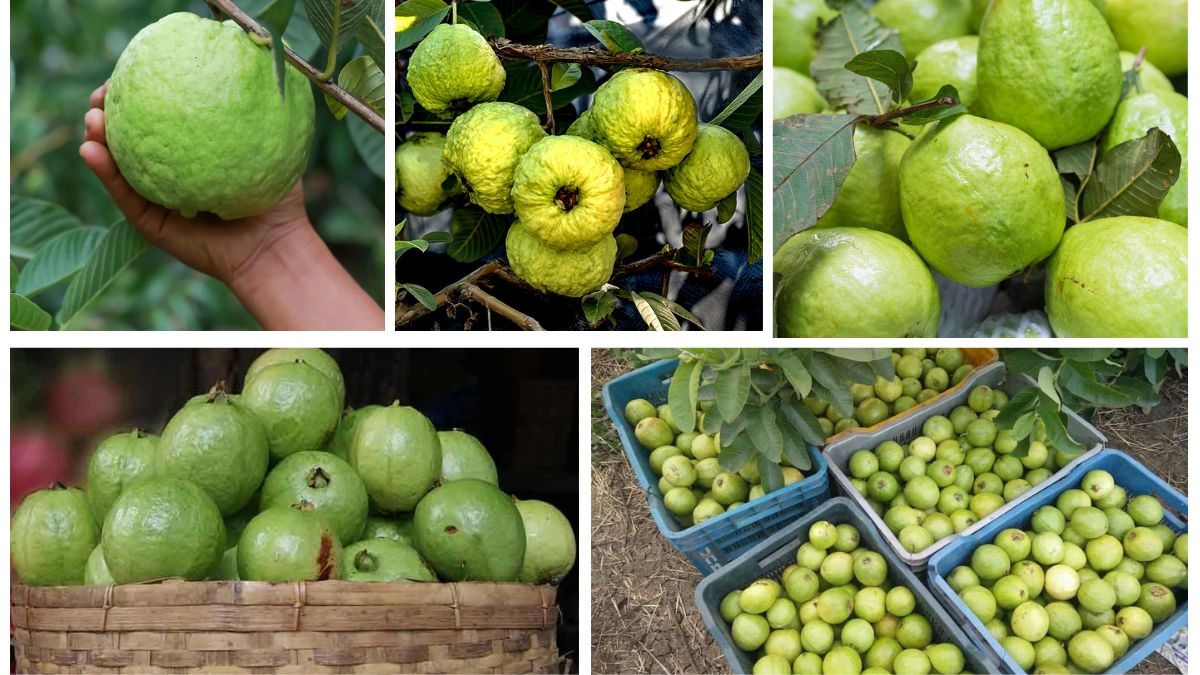



Leave A Comment